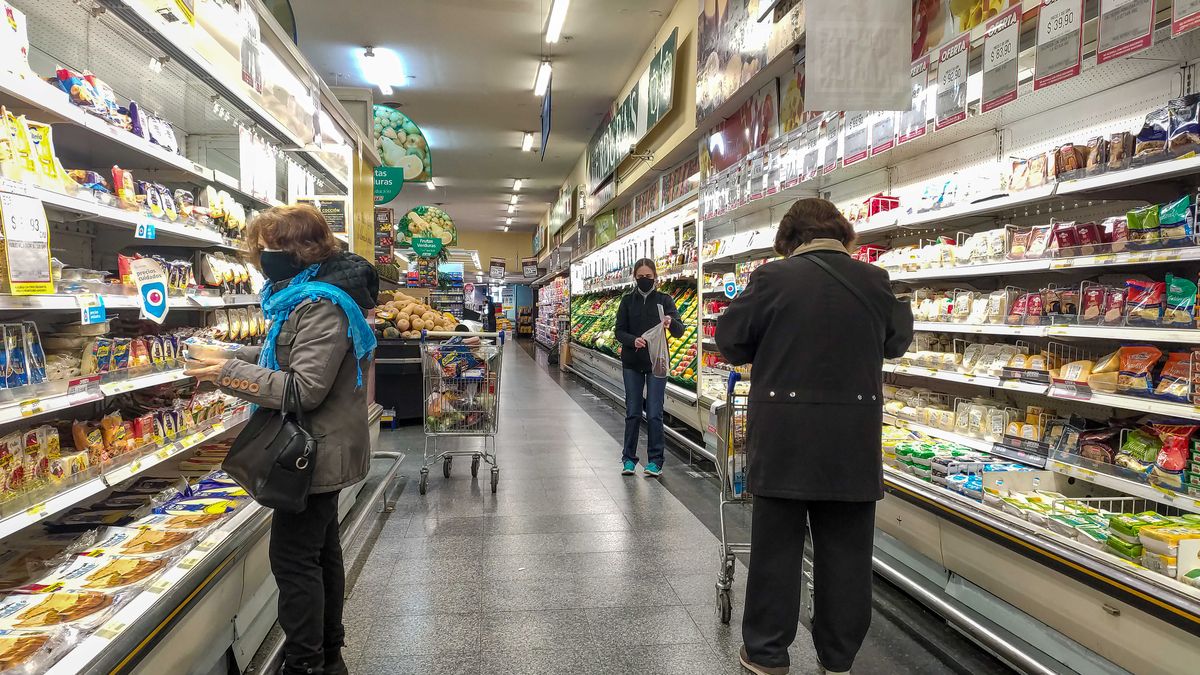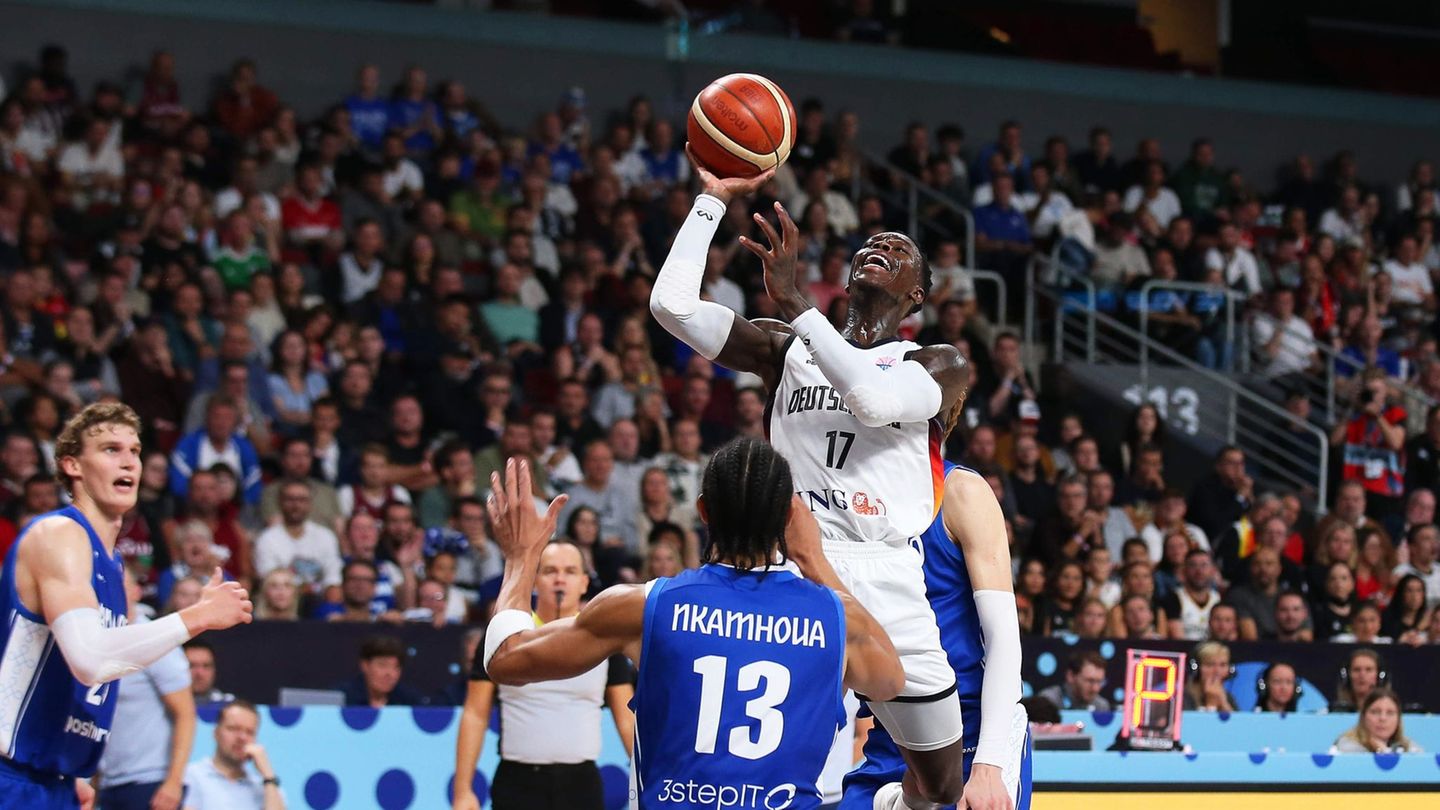As for the items that increased the most in the first days of the month, the “products of bakery, cereals and pasta”, rose 4.3%; the “sugar, honey, sweets and cocoa”, 4.1%; vegetables, 2.1%; dairy products and eggs 1.8%. Meats, meanwhile, rose 1.5%.
“With this dynamic, food and beverages are positioned with a 7% end-to-end variation in four weeks and an average 6.8%, thus continuing on an increasingly higher path. The percentage of products with increases within the basket remained around 25%, thus marking five consecutive weeks with values above 20%. This means that all products in the basket register an increase per month”, they added from LCG.
From the firm they also pointed out that “After the resignation of Guzmán, the volatility of the exchange rate and the greater restrictions on the financing of imports resulted in the ideal scenario to accelerate a price re-marking that already came with a high inertia”. In this scenario, the survey of food prices carried out by the consultant rose 7.4% on average in July.
For his part, when analyzing some of the factors that drive up the price of food, Damián Di Pace, director of the consulting firm Focus Market, said: “Inflation acts in lag due to the strong monetary issue, but also prices accelerated for other additional reasons: the restriction on imports, which generated that in certain goods there is an expectation of lack of replenishment of the stock; another is the rise in parallel exchange rates, because by not having access to the official exchange rate, the market saw more of the CCL dollar, which had a gap of 150%, than the wholesaler; and on the other hand, negative expectations regarding the acceleration of this monetary issue and fiscal lack of control by the Government”.
Dairy products Inflation Food Consumption Prices Basic Basket
According to the REM, inflation in July was 7.5% and would stand at 6% in August.
Ignatius Petunichi
July and REM inflation
Next Thursday, INDEC will announce the july inflationa month marked by volatility in alternative exchange rates and political uncertainty: it began with the resignation of Martin Guzman as Minister of Economy and ended with the assumption of Serge Massawith Silvina Batakis held that position for a few weeks. He also influenced, analysts warn, the restriction on imports imposed at the end of June.
It is in this scenario that CPI It will surely present the biggest rise of the year. It will even be above the 6.7% in March. In fact, Different private consultants consulted by Ámbito had predicted a general inflation between 6.8% and 8%.
According to the Market Expectations Survey (REM) of the BCRA, the interest rate inflation in the seventh month of the year would have been 7.5%, after 5.3% in June. Going forward, although a slowdown is estimated, it will continue to be at high levels.
For REM consultants, in August inflation will be 6%, it will drop to 5.5% in September, it will be 5.3% in October, 5% in November and 5.1% in December, to reach 90, 2% in the accumulated this year.
Source: Ambito
David William is a talented author who has made a name for himself in the world of writing. He is a professional author who writes on a wide range of topics, from general interest to opinion news. David is currently working as a writer at 24 hours worlds where he brings his unique perspective and in-depth research to his articles, making them both informative and engaging.




